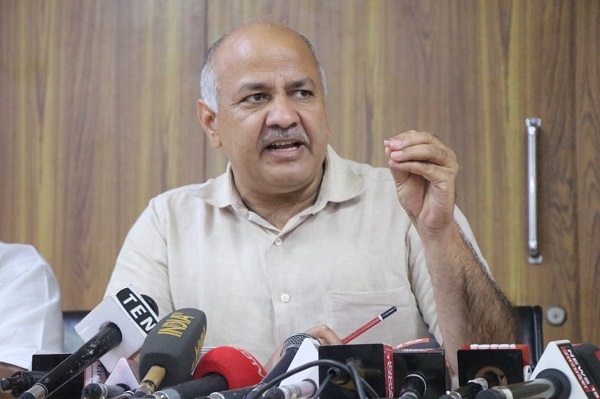New Delhi, The Delhi government’s Expenditure Finance Committee here on Monday approved the plan to build three hospitals, each having 650-bed capacity, to increase the access to secondary and tertiary healthcare. Construction is likely to start in two months.
“Each of the three hospitals is to have around 650 beds as per the initial plan, thereby, adding 1,950 beds in the Delhi hospitals,” Health Minister Satyendar Jain said.
The committee, headed by Deputy Chief Minister and Finance Minister Manish Sisodia, approved the projects.
The hospitals will be constructed in Madipur, Hastsal and Jwalapuri areas of Delhi. “These locations have been selected given their high population density and lack of government hospital facility in proximity,” he said.
Madipur is located in West Delhi and is an urban slum area. Hastsal (near Vikaspuri) and Jwalapuri (in Nagloi) are inhabited by urban, rural and semi-urban population.
“The new hospitals will cater to over 40 lakh people, who had to travel around 5 km (or 30 minutes) to the closest government facility,” Jain said
Apart from increasing access to tertiary healthcare and reducing the expenses, the new hospitals would also reduce the burden on the existing facilities, he added.
“Analysis of the five-year data of the Guru Gobind Singh Hospital (which is 5 km from Madipur, Hastsal and Jwalapuri) shows OPD attendance had increased from 5.5 lakh in 2011 to 6.82 lakh in 2016, and has continued to rise. The corresponding increase for indoor admissions is 5,360 patients from 3,490 patients. Construction of new hospitals will lower the burden and increase beds per patient,” the Minister said.
The aim, he said was to provide free and quality healthcare to all, regardless of their income status. To achieve it, increasing access to healthcare was of paramount importance, he said.
“We want to bring healthcare close to people’s home to help them save money on travelling or on private facilities. We want to increase the number of beds so that no patient is denied treatment because of unavailability of services. Strengthening public healthcare provisions is mandatory for any state, which wants to benefit residents,” Jain said.










